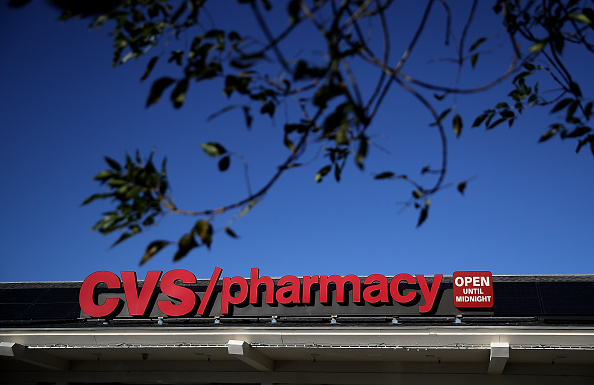

When CVS Health finally revealed how it would provide follow-on versions of the blockbuster immunology drug Humira, it chose a different path than its peers. Rather than selecting several biosimilars to add to its list of covered drugs as other pharmacy benefit managers did, CVS only announced one, and that version of the drug would come via a new company called Cordavis.
CVS said in its late August announcement that establishing a subsidiary to provide biosimilars will lower the cost of these types of drugs while ensuring availability of the products. But industry observers say there’s more to the strategy. This structure will make the company more money, according to Nathan Ray, a partner at healthcare and life sciences consultancy West Monroe. CVS has likely run models comparing what the company would make by offering multiple Humira biosimilars versus having a hand in a company that commercializes it. Profitability is the only reason for the company to set up Cordavis to offer the drug, he said.
Woonsocket, Rhode Island-based CVS did not respond to a message seeking comment. In its announcement, the company said Cordavis, a newly launched subsidiary, will work directly with manufacturers to commercialize or co-produce biosimilars. CVS added it intends to develop a portfolio of biosimilars, but the only one disclosed so far is Hyrimoz, the Humira biosimilar from Sandoz.
CVS said Cordavis has contracted with Sandoz to commercialize Hyrimoz under a Cordavis private label. Cordavis expects a first quarter 2024 launch of this biosimilar, which it said would be priced more than 80% lower than branded Humira. Humira, made by AbbVie, costs $6,992 a month, according to the Drug Research Institute, a drug industry research organization. Sandoz has priced Hyrimoz at $6,576, a 5% discount to Humira.
Other PBMs are joining the biosimilar market in a more traditional way, offering follow-on versions to the AbbVie biologic drug alongside that branded product. Optum Rx’s Humira biosimilar offerings include Hyrimoz, the Boehringer Ingelheim product Cyltezo, and Amgen’s Amjevita. Express Scripts is offering Cyltezo and two Sandoz products: Hyrimoz and an unbranded version of that drug.
Cordavis is not the first new entity created by CVS to bring lower-priced versions of prescription drugs to the market. In 2013, the company announced the formation of Red Oak, a 50/50 joint venture with Cardinal Health. Red Oak sources and negotiates drug supply contracts for both Cardinal Health and CVS. Red Oak only handles generic drugs, typically pills. Now Cordavis will play a similar role for CVS in biosimilars.
According to Drug Channels Institute CEO Adam Fein, Cordavis will enable CVS to improve its profitability in multiple ways. For example, CVS could absorb a portion of a biosimilar manufacturer’s profit margin, Fein wrote in an article posted on the Drug Channels website. Other examples include establishing proprietary acquisition cost benchmarks that enable it to gain higher reimbursement from plan sponsors. Cordavis also locks in for CVS a preferred supply source for its Humira biosimilar.
While CVS said Hyrimoz is the first of multiple biosimilar products that Cordavis will offer, it did not say whether the new entity will offer other Humira biosimilars. Ray said that while there may be an incentive for people to take Hyrimoz versus another product, it’s unclear how CVS or Cordavis will help patients determine what’s right for them. He added that only certain drugs may be profitable enough to pursue under the Cordavis model. But if this model proves to be more profitable for CVS, he expects other PBMs could follow.
“I’m imagining that as it is, this will be a test bed,” Ray said. “We’ll see how it works out. Just announcing they’re going to do something and actually doing it can be far apart in timeline and not always work out as expected.”
Photo: Justin Sullivan/Getty Images


















